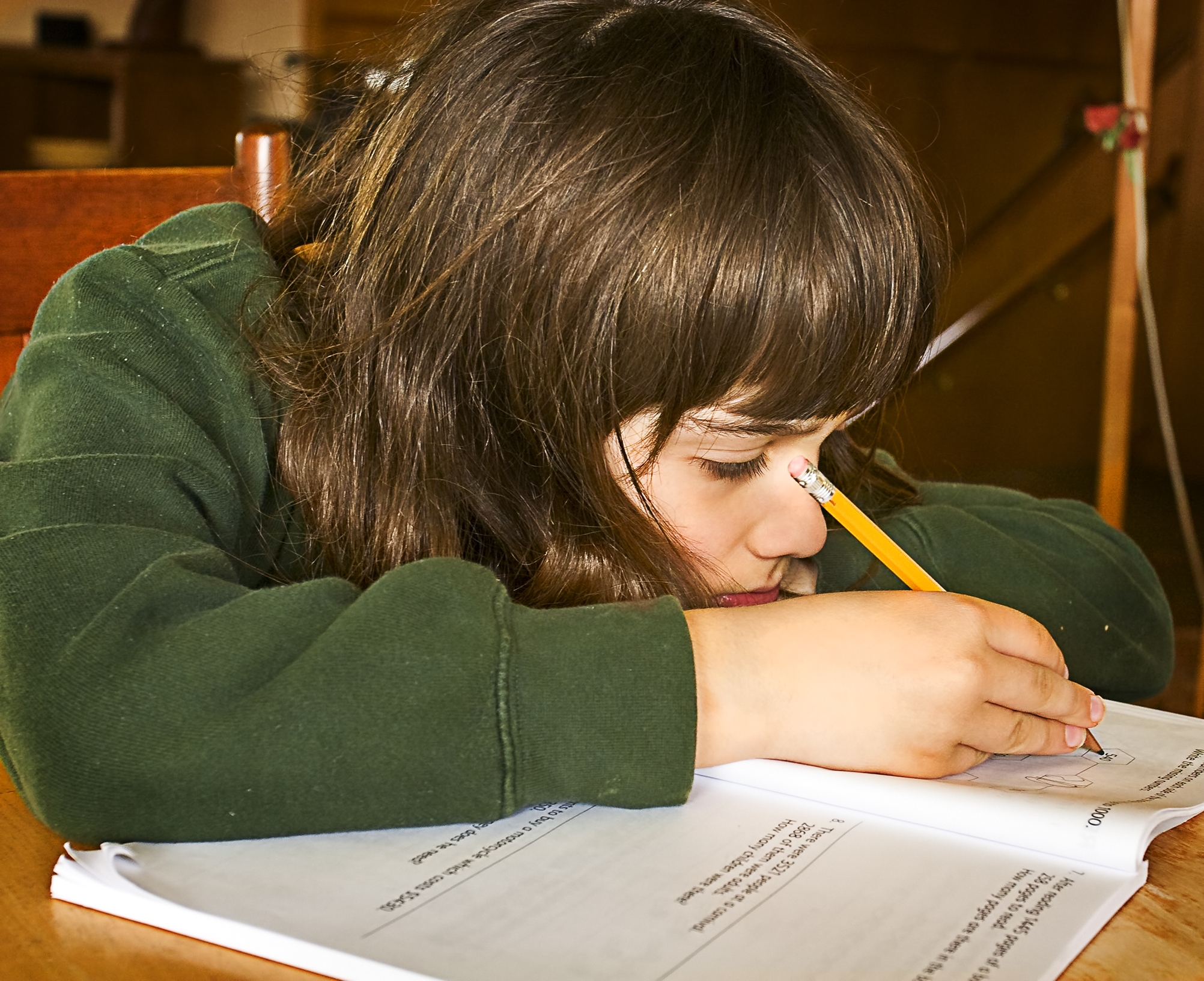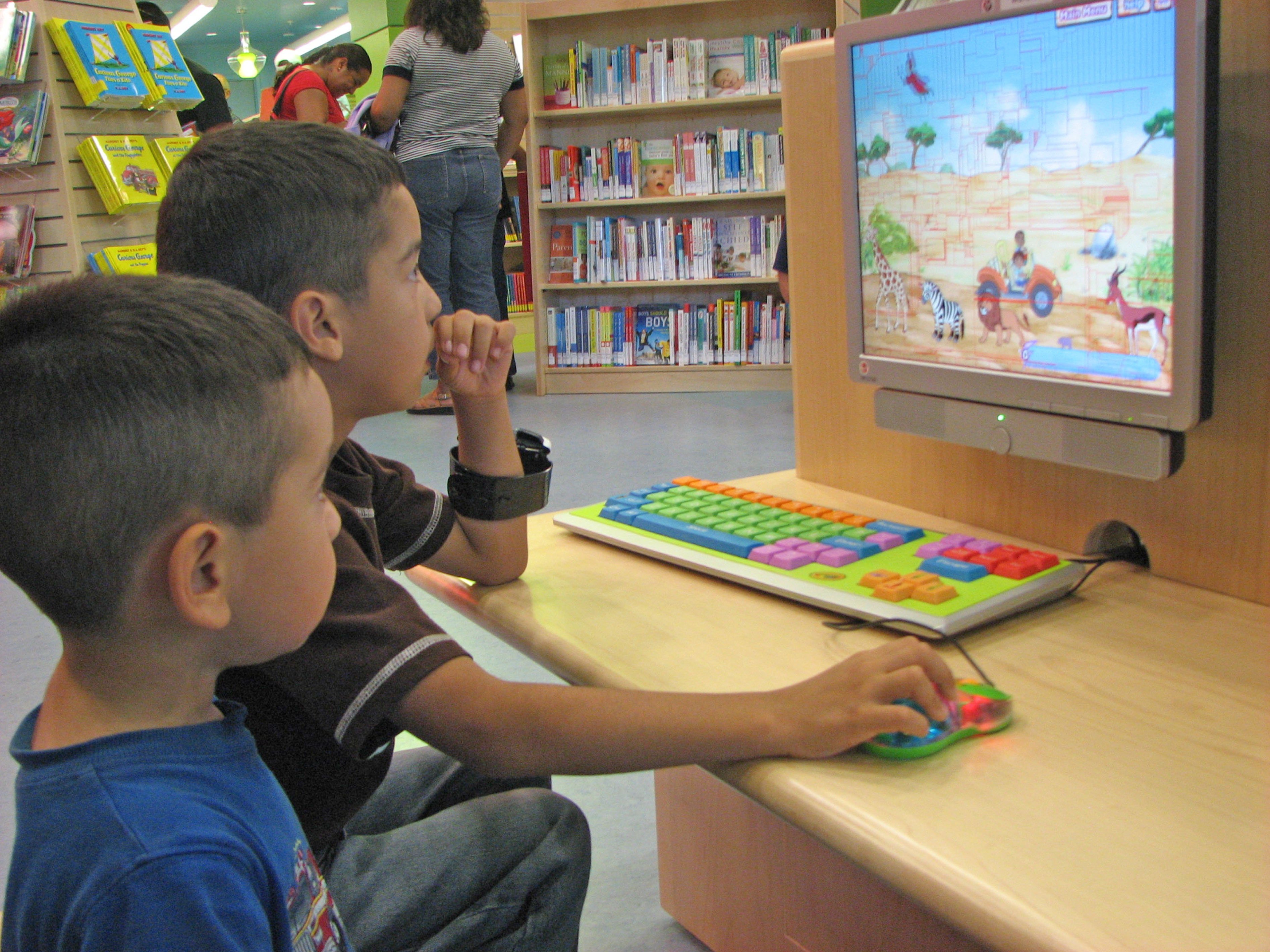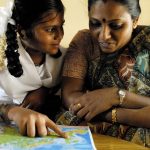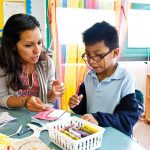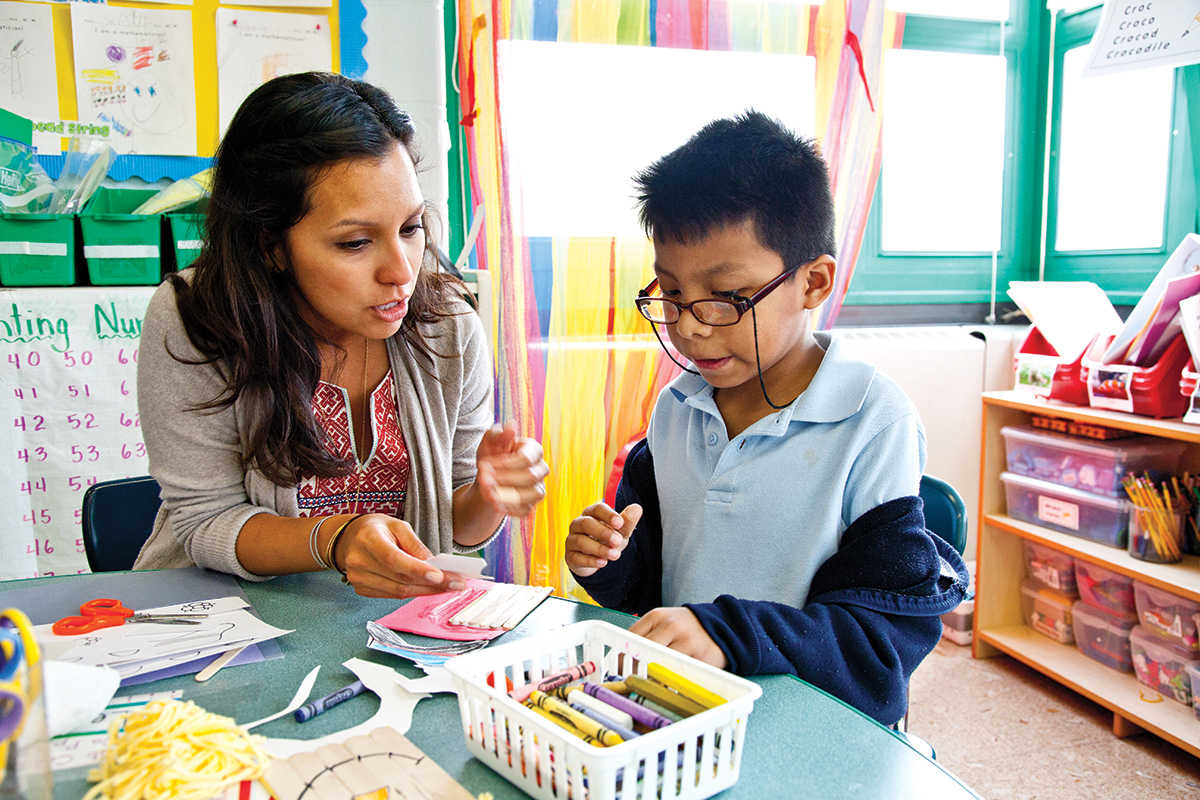Nurturing the Future: The Crucial Role of Early Childhood Education

Early childhood education (ECE) lays the foundation for a child’s lifelong learning journey. The formative years, from birth to age eight, are crucial in shaping a child’s cognitive, emotional, and social development. In this blog post, we’ll explore the significance of early childhood education and the positive impact it has on children’s lives.
- Cognitive Development: Building the Brain Architecture
During the early years, a child’s brain undergoes rapid development. Quality early childhood education provides the necessary stimulation to build a strong foundation for cognitive skills. Activities that encourage problem-solving, critical thinking, and language development are integral to shaping a child’s brain architecture.
- Social and Emotional Learning: Fostering Well-Rounded Individuals
Early childhood education is not just about academics; it also focuses on social and emotional development. Children learn to navigate and understand their emotions, develop empathy, and build positive relationships with peers. These skills are crucial for a child’s overall well-being and are fundamental in creating well-rounded individuals.
- Play-Based Learning: The Power of Play in Education
Play is a child’s natural way of learning. Early childhood education often incorporates play-based learning approaches, recognizing the importance of hands-on experiences. Play helps children explore their creativity, develop problem-solving skills, and enhances their ability to collaborate with others.
- Early Literacy and Numeracy: Setting the Stage for Academic Success
Literacy and numeracy skills form the bedrock of academic success. Early childhood education programs introduce children to the joy of reading, storytelling, and basic mathematical concepts. By making learning enjoyable and engaging, educators lay the groundwork for a child’s future academic achievements.
- Cultural Awareness and Diversity: Embracing Differences
In a globalized world, cultural awareness and acceptance of diversity are essential. Early childhood education plays a pivotal role in instilling these values. Exposure to diverse perspectives and cultures helps children develop an open-minded and inclusive worldview, preparing them to thrive in a multicultural society.
- Parental Involvement: A Key Partnership in Education
The involvement of parents in early childhood education is crucial. Collaborative efforts between educators and parents create a supportive environment for a child’s growth. Regular communication, parent-teacher conferences, and parent education programs enhance the partnership between home and school.
- Early Intervention: Identifying and Addressing Challenges
Early childhood education provides an opportunity for early intervention in identifying and addressing developmental challenges. Timely support and intervention can make a significant difference in overcoming learning difficulties or behavioral issues, ensuring that every child receives the support they need.
- Holistic Approach: Nurturing the Whole Child
Early childhood education emphasizes a holistic approach to learning. It recognizes that a child’s development is interconnected and multifaceted. Beyond academic skills, educators focus on fostering physical health, creativity, and motor skills. This comprehensive approach ensures that children grow into well-balanced individuals capable of facing life’s challenges.
- Critical Period for Language Development: Seizing the Language Window
The early years are a critical period for language development. Children absorb language like sponges, and early childhood education capitalizes on this linguistic sensitivity. Exposure to rich language environments, storytelling, and interactive language activities lay the groundwork for strong communication skills—an asset that proves invaluable throughout a child’s educational journey and beyond.
- Building Executive Function Skills: The Keys to Self-Regulation
Executive function skills, encompassing abilities such as self-control, working memory, and cognitive flexibility, are essential for success in school and life. Early childhood education provides opportunities for children to practice and strengthen these skills. Learning to regulate emotions, follow instructions, and plan activities are vital components that contribute to a child’s overall executive function development.
- Outdoor Learning: Connecting with Nature
Early childhood education recognizes the benefits of outdoor play and learning. Nature serves as a dynamic classroom where children can explore, observe, and engage in physical activities. Outdoor experiences contribute to physical health, stimulate curiosity, and instill an appreciation for the environment, fostering a lifelong connection with nature.
- Technology in Moderation: Balancing Digital and Traditional Learning
In the digital age, early childhood education navigates the integration of technology into learning experiences. While recognizing the benefits of educational apps and digital tools, educators also emphasize the importance of a balanced approach. Traditional hands-on activities remain crucial to ensure that technology complements, rather than replaces, the interactive and tactile aspects of learning.
- Assessment Beyond Testing: Understanding Each Child’s Journey
Assessment in early childhood education goes beyond traditional testing. Educators use a variety of methods, including observation and portfolio assessments, to understand each child’s unique learning style and progress. This personalized approach ensures that children are not only meeting milestones but also developing a love for learning.
- 14. Professional Development for Educators: Enhancing Quality Education
Recognizing the pivotal role educators play, continuous professional development is essential. Training programs, workshops, and access to the latest research empower early childhood educators to stay abreast of best practices. Investing in the professional growth of educators directly impacts the quality of early childhood education.
Conclusion: Shaping a Bright Future
Early childhood education is a dynamic field that continually evolves to meet the changing needs of society. As we delve into the intricacies of this critical stage in a child’s life, let us champion policies and practices that prioritize the well-being and development of our youngest learners. By embracing the multifaceted nature of early childhood education, we can collectively contribute to shaping a future generation that is not only academically proficient but also socially adept, emotionally resilient, and ready to make a positive impact on the world.

